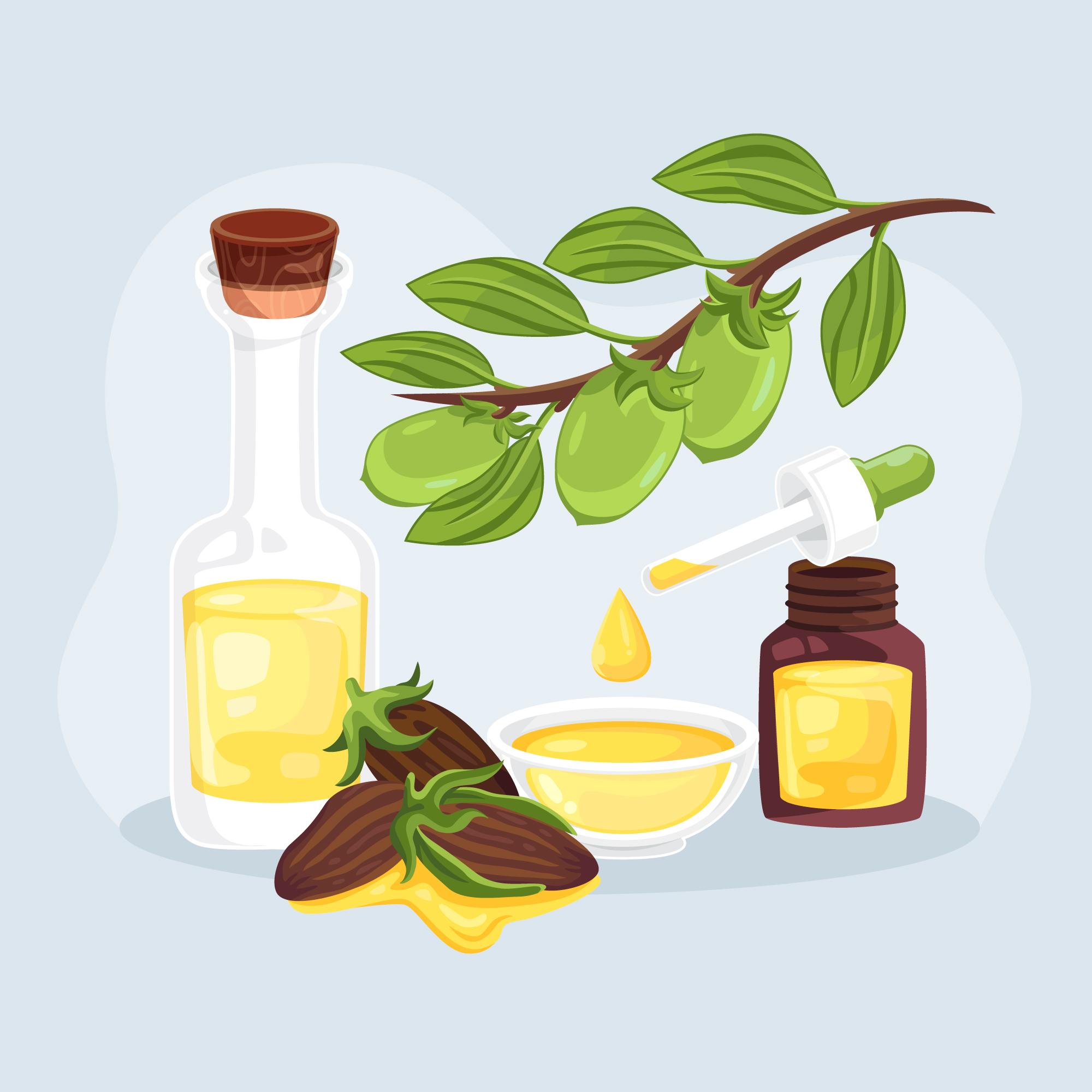
Exploring Herbal Remedies and Alternative Therapies for Peptic Ulcers
Introduction: Dealing with peptic ulcers can be challenging, but traditional and alternative therapies offer additional options for relief. Let’s delve into some herbal remedies and alternative therapies that may help soothe peptic ulcer symptoms.
1. Licorice Root: Licorice root has been used for centuries to treat digestive issues, including peptic ulcers. It contains compounds that may help reduce inflammation and protect the stomach lining. However, excessive consumption can lead to high blood pressure, so use it cautiously and consult with a healthcare professional.
2. Slippery Elm: Slippery elm is another herbal remedy known for its soothing properties. It forms a protective layer over the stomach lining, helping to ease pain and discomfort associated with peptic ulcers. It’s available in powder or capsule form and can be taken with water or as a tea.
3. Chamomile Tea: Chamomile tea is often recommended for its calming and anti-inflammatory effects on the digestive system. Drinking chamomile tea may help reduce stomach inflammation and alleviate symptoms like pain and bloating associated with peptic ulcers.
4. Probiotics: Probiotics are beneficial bacteria that can help maintain a healthy balance of gut flora. Some studies suggest that taking probiotic supplements or consuming probiotic-rich foods like yogurt may help prevent and treat peptic ulcers by promoting a healthy digestive tract.
5. Stress-Relief Techniques: Stress management is crucial for managing peptic ulcers, as stress can exacerbate symptoms. Incorporating stress-relief techniques such as meditation, yoga, deep breathing exercises, or aromatherapy into your routine may help reduce stress and improve overall well-being.
Conclusion: While herbal remedies and alternative therapies can complement conventional treatments for peptic ulcers, it’s essential to approach them with caution and consult with a healthcare professional before trying them. By exploring these options alongside dietary and lifestyle changes, you may find additional relief and support for managing peptic ulcer symptoms.
To seek medical advice, always consult a Doctor. Here are our recommended experts. Click Here
To read more on Peptic ulcer. Click Here


